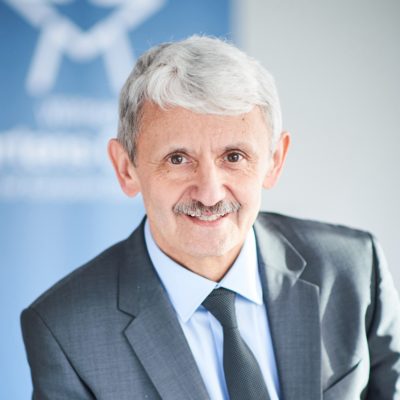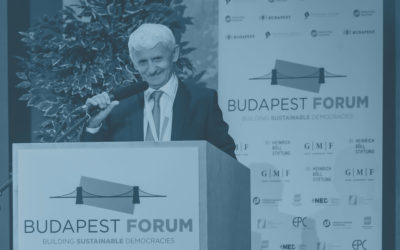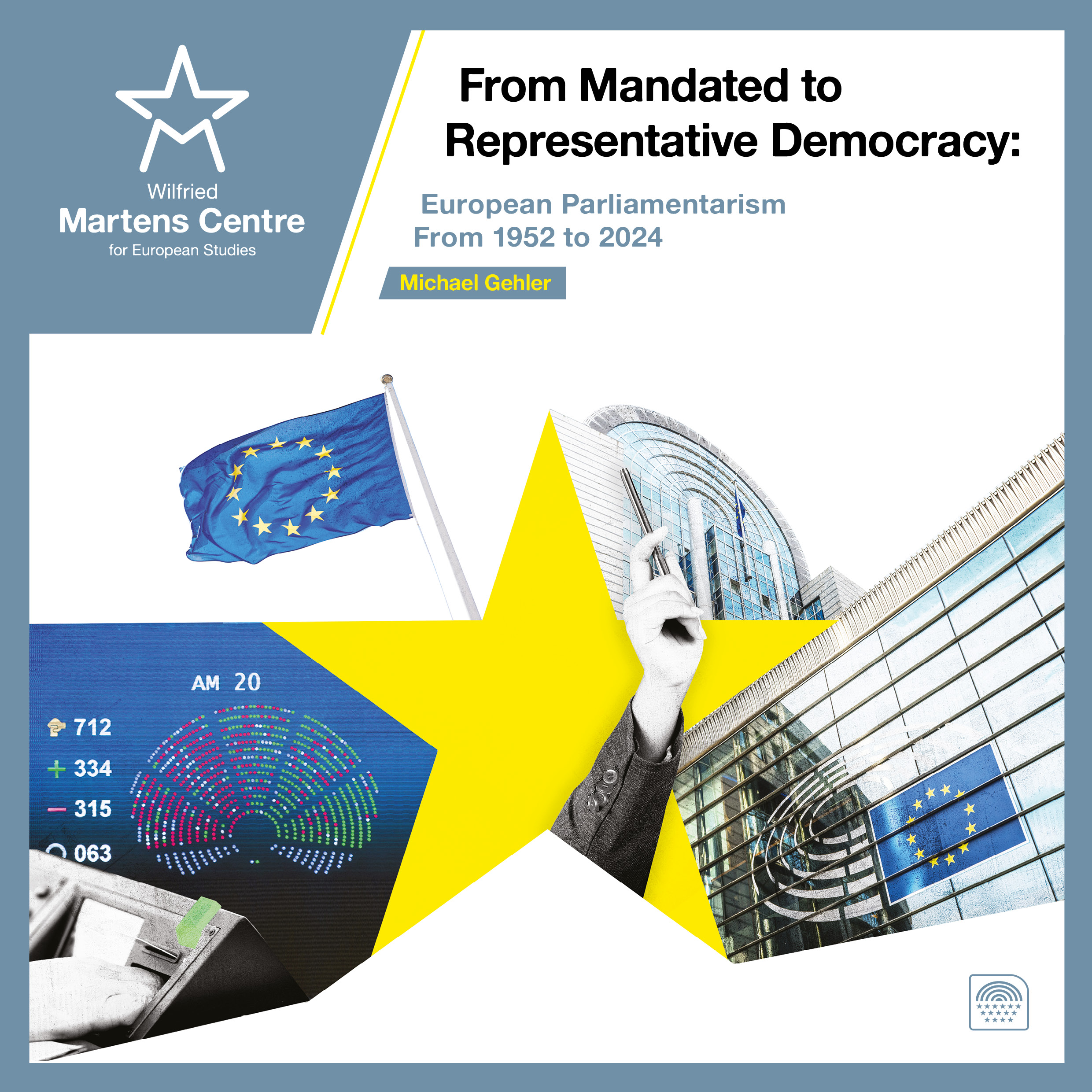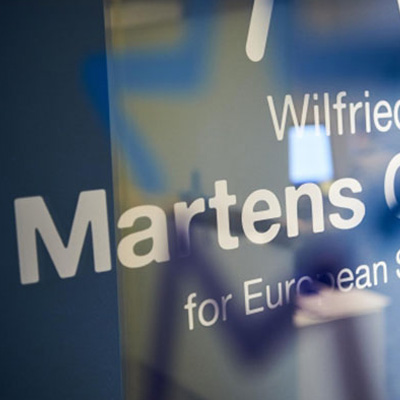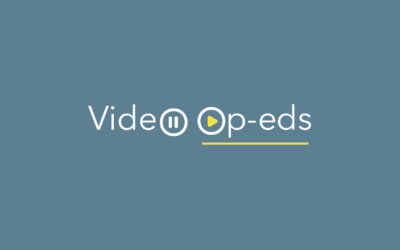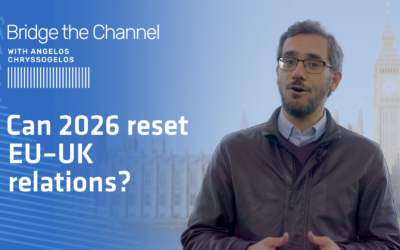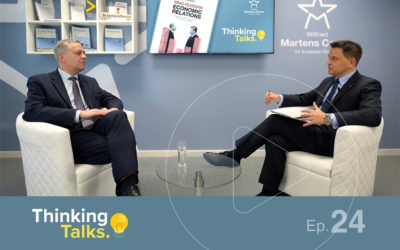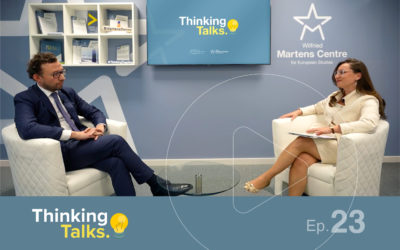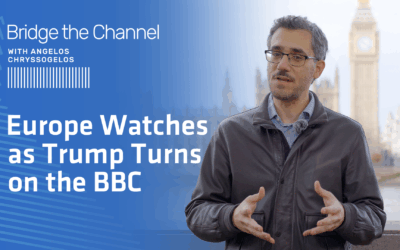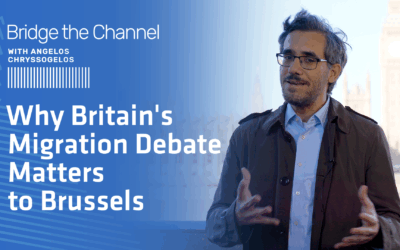Can the Conference on the Future of Europe Deliver Results? Episode 4
25 May 2021
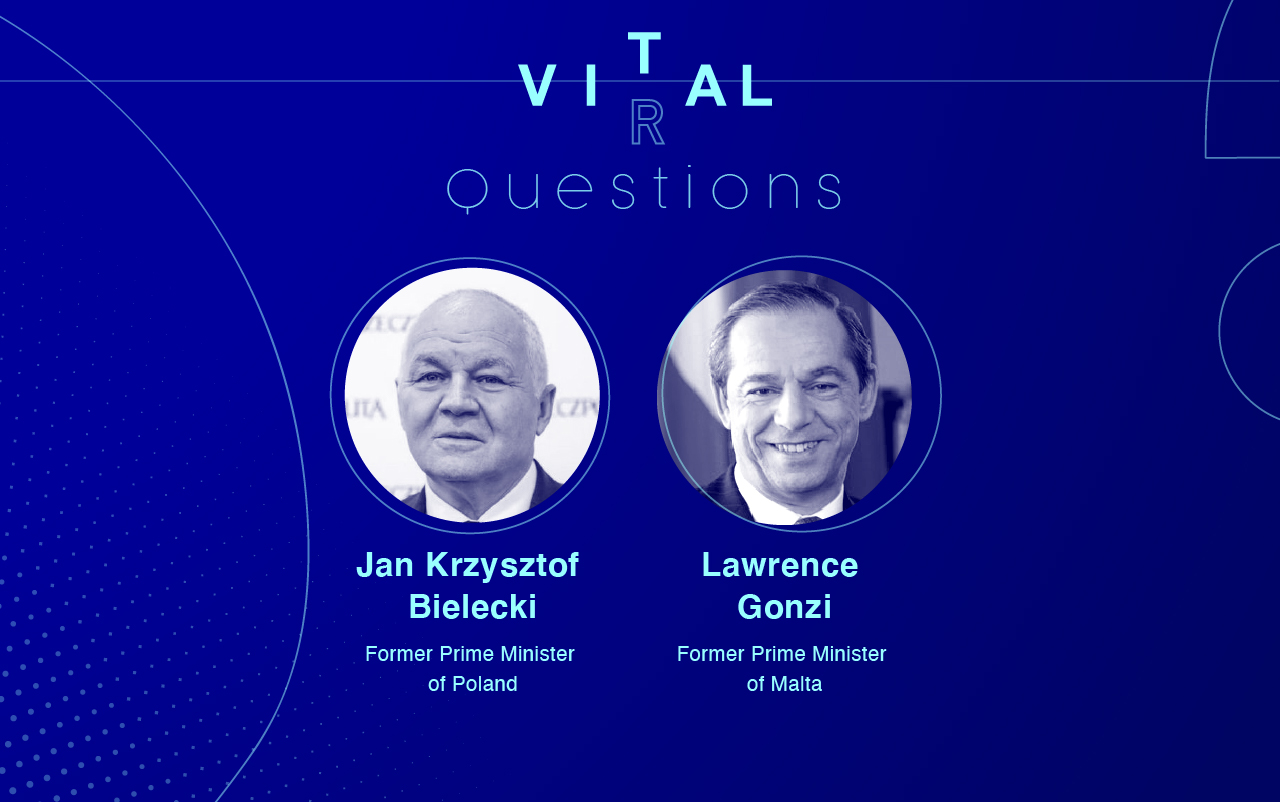
1. The Conference on the Future of Europe (CoFoE) is expected to envision Europe’s future on a 20 to 30-year horizon. The years of various crises and the ongoing pandemic have shown that we need a more effective and rules-based European Union. Could such a Conference deliver effective results, extending beyond its mere intentions?
Jan Krzysztof Bielecki, former Prime Minister of Poland: The Conference could deliver results well beyond its stated intentions if it addressed the most important challenges facing the European Union. I feel many in Poland would agree that the central issue for the EU is to overhaul the paradigm of the European project in response to fundamental changes taking place in the world. The old days, when Europe was focused on post-war reconciliation and gradual deepening of integration, followed by enlargement and re-unification of the continent at the start of this century, are gone. The rationale of the Coal and Steel Community is over. And it is not only over because Europe will most likely no longer be manufacturing coal or steel in the next 10-15 years. European integration, the Single Market, the euro, and now the milestone of common debt to rebuild Europe after COVID are the crown achievements of that “old” stage of the project. The EU was conceived to end centuries of war among its nations, which culminated in the horrors of the Second World War, replacing them with harmonious cooperation and the joint pursuit of prosperity for European citizens. By fulfilling this mission for 70 years, the EU is probably the most successful political project ever. Although certain tensions persist and local conflicts between member states of the EU still happen, I do not think that maintaining peace in Europe is the most critical issue. Similarly, even if we have some issues in member states with democracy, rule of law, and the independence of the judiciary, such internal problems are relatively less pronounced than they were in parts of Europe in the 1950s.
What matters much more today, and will determine the future of Europe, is how to identify and address external challenges. Let me mention a few of them. The first is climate change and adapting to its impact on the social and economic performance of member states. America, under President Biden, is rising to this challenge with a speed and determination that we should emulate. The second challenge is the Chinese expansionist and revisionist policy, which is encouraging other authoritarian and bellicose nations, such as Russia and Turkey, to challenge the EU’s principles of a world order based on peace, human rights, and peaceful cooperation. Two remaining external challenges which will determine Europe’s future are the bloc’s ability to overcome the pandemic and deal with massive migration flux. Only if we realise and agree that the threats to the EU are mostly external will we be able to remodel our economic and defensive security.
Lawrence Gonzi, former Prime Minister of Malta: Our European project is unfinished. The Conference on the Future of Europe is an opportunity for every one of us to help shape its next steps. The European Union was not designed to be a static entity, it has been and must keep evolving with the times. That is how Europe has weathered the storms we have lived through over the last decade. The financial, political, environmental, social, or health turbulence we have witnessed have all led to broad changes that have made our Union stronger. We know that the only way to get out of these situations is by common action and by using the lessons learned to strengthen our systems. We also know how important it is to listen – and that is largely what this exercise will entail.
I share a number of critical analyses of the way the EU and its institutions sometimes operate – frustrating at times – but the bigger picture is always more important to consider.
We do need a more effective, more flexible, Union – and our immediate challenge is to translate this to the health sector. What we did for Europe after the financial crisis needs to be replicated for health. We need to ensure our common security and foreign policy becomes more closely aligned and, most of all, we need to be able to respond quickly to our citizens’ concerns. We need to bring Europe closer to people and that is ultimately what this process is about.
2. The audit of the functioning of the Union and the future of Europe is in the hands of EU citizens. They consider democracy, human rights, rule of law, but also the Union’s economic power as the greatest benefits of the EU, according to the latest Eurobarometer survey. Are these benefits sufficiently protected and resilient?
Jan Krzysztof Bielecki: The benefits of democracy and rule of law are not adequately protected within the EU. Despite their status as core values, they are not enshrined in regulations and are, therefore, taken for granted. I would also add that internal and external forces are challenging European solidarity. In relation to external forces, an example would be the Belt and Road Initiative, a Chinese attempt to undermine EU integration. Nevertheless, pursuing bilateral ties with key European nations, rather than with the bloc, does not come as a novelty for Europe. It is a deadly game played by both the United States during the Trump Administration and Putin’s Russia.
Therefore, Europe must develop its economic sovereignty. Becoming more resolute in defending the EU’s economic and social interests is an essential prerequisite to revitalise the European dream and win the renewed confidence of its citizens. We must think outside the box. In the next 20 years, Europe should be less open, less naïve, and guarded by a stronger regulatory framework managed by the European Commission and the member states.
Level playing-field provisions must be protected, guaranteed and, if necessary, strongly defended. Europe is suffering from the economic pressure from China, where there is a new nationalist movement binding business and government together in an economic and ideological “War on the West.” If you add China’s rapid push to put arms in space, advancements in AI in order to control its citizens, and its threats of using military force against democratic Taiwan, it is clear Europe must be ready to take a robust stance alongside our American allies.
A decade ago, the EU was dubbed the world’s primary “regulatory power”. Today, this is not enough because China has abandoned even the appearance of trying to play by such rules. Americans are responding by beefing up their “hard power” and taking sharp regulatory actions. In this battle between two global superpowers, Europe should quickly define how to protect its economic interests and assert its values. We must find our way.
Lawrence Gonzi: It is positive that there is a convergence between what people consider to be the greatest benefits of the European Union and the values which our Union is built upon. The European Union is a strong economic bloc, but it is more than that. It is a guarantee that our values and way of life will be protected. It is a shared promise made to European citizens when their countries joined the bloc.
What I have seen over the past years, to varying degrees, is a disconnect between what citizens expect from our EU and the tools that EU institutions have to meet those expectations. This is particularly the case with the institutions’ role in addressing deficiencies in the rule of law and democracy. We have our Article 7 procedure, which has proven perhaps less effective than we had envisaged. Soft measures like scoreboards or annual rule of law reports can be very useful, but when they fail to instigate sufficiently concrete results, then perhaps the time has come to look at our legislative armoury and react. When you look at media freedom for example, there is still insufficient EU-wide rules to protect journalists. When you look at our democracy protection toolbox, it is clear there are missing elements.
On the other hand, the Union is more adapted to its economic prowess. This, again, was born out of crises – the 2008 financial crisis and the 2020 COVID pandemic led to better and more cooperation. I would like to see more of this in other areas too, and perhaps outside the immediate response to a crisis.
3. Could you, as an EU citizen, share your biggest concern and biggest dream when it comes to the future of Europe? What would be your advice to overcome such a concern and, on the other hand, how to achieve such a dream?
Jan Krzysztof Bielecki: My biggest concern assumes that the bigger a crisis is, bigger are the regressive forces and more serious is the nature of the backlash. Do we have resilience against that? I doubt it. The cohesion of the Union is at stake. It means that every crisis of the last decade, due to the regressive nature of the reaction to it, plays out better for the wealthy and powerful countries and worse for the poor and the weak. Therefore, I am concerned whether the successful transformation of Central and Eastern European countries is sustainable and whether their “catching-up” with the West will succeed. My fear is that the pressures of the new challenges could lead Europe towards a future where we will have first-, second-, or even third-class Europeans.
The biggest hope when it comes to the future of Europe is the next generation, both of individuals and of leaders, who are now replacing baby boomers (like the boomers replaced the war generation), and who are obliged to address external and internal challenges. Watching some of them, I am impressed. I believe that even in the days of limitless technology, which will enable complete control of citizens in the next 10-15 years, they will stick to the dreams of the founding fathers of European integration, based on peace and fundamental liberties.
Lawrence Gonzi: One of my most worrying concerns is our ability to push back against the populist anti-EU narrative that takes hold so easily and so quickly. It is a concern tied to our complacency and the ease to which things can be taken for granted. The last generation of politicians to have experienced the nightmare of war first-hand have passed on their baton – and we need to keep showing and reminding people that ultimately, Europe is the world’s greatest peace project. This is not as easy as it may read.
It is on all of our shoulders to make our voices heard in defence of strong value-based politics, or we risk getting drowned out by populism and extremism. This could have far-reaching social, political, and economic consequences for us all.
My hope would be to see a Europe that is stronger and that respects the diversity that makes it so unique. A Europe that can respond quickly to shifting geo-political landscapes; that understands that it must keep evolving.
We are emerging into a time of opportunity to rebuild and recommit. We are facing serious and different challenges from those we faced in the past. We need to come together like never before.


